The special mechanism not only helps Ho Chi Minh City develop but is also an "opportunity" for the Mekong Delta to grasp, according to Mr. Le Minh Hoan.
The assessment was made by the Minister of Agriculture and Rural Development at the plenary session of the Mekong Connect Forum 2023 on the morning of November 16. The new "opportunity" according to him is Resolution 98 of the National Assembly on piloting a number of specific mechanisms and policies for the development of Ho Chi Minh City, which officially took effect from August 1.
This policy has 7 breakthroughs, which are said to contribute to creating better growth space for the economic locomotive. According to the Minister of Agriculture, all developments in Ho Chi Minh City will spread throughout the region like a butterfly effect, and should be taken advantage of soon.
"That is the expectation of the central government and the National Assembly when issuing a special mechanism for Ho Chi Minh City, not just Ho Chi Minh City. That is why I hope the 13 provinces and cities of the Mekong Delta will welcome their own opportunity," said Mr. Hoan.
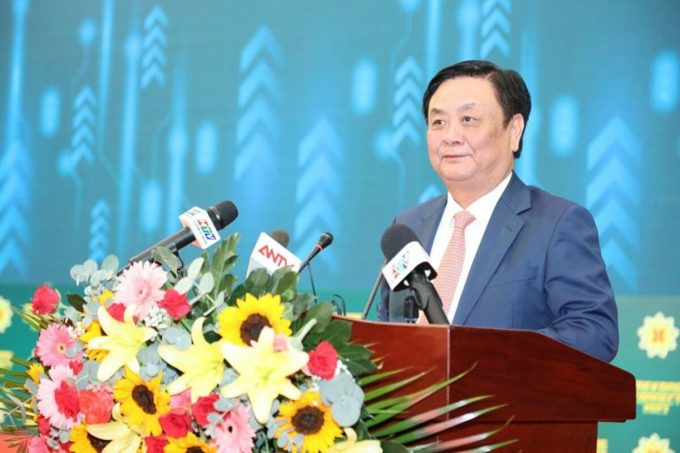
Minister of Agriculture and Rural Development Le Minh Hoan speaks at Mekong Connect 2023 on the morning of November 16. Photo: Association of High-Quality Vietnamese Goods Enterprises
Mekong Connect is an annual forum discussing regional connectivity in the Mekong Delta. This year’s event was held in Ho Chi Minh City and hosted by the Ho Chi Minh City People’s Committee, the Ministry of Agriculture and Rural Development, and the Ministry of Science and Technology.
Mr. Le Minh Hoan said that the economic achievements that Ho Chi Minh City has achieved in recent times have had a great contribution from the Western region. On the contrary, this place has many diplomatic agencies, international organizations, and a large consumer market. Close cooperation with Ho Chi Minh City will open up more opportunities for the provinces.
"Accessing Ho Chi Minh City is one step closer to the international market," he commented. He encouraged Ho Chi Minh City to share more detailed and specific market information so that farming, production areas and startup ideas in the West can grasp it.
Mr. Tran Viet Truong, Chairman of Can Tho City People's Committee, said that the locality has also been issued Resolution 45 by the National Assembly to pilot a number of specific development mechanisms and policies in 2022.
Therefore, the two cities and provinces can join hands to analyze and search for potential industries, promote innovation, and develop a sustainable digital economy. "We should join together to take advantage of each other's unique mechanisms to create an ecosystem for businesses to develop," said Mr. Truong.
Located between two regional economic centers with special policies, Ben Tre sees its opportunities. "We identify ourselves as being located between these two centers, trying to take advantage of all conditions and advantages to promote linkages, accompany the economic development of the region and the province," said Vice Chairman Nguyen Truc Son.
According to the Department of Planning and Investment of Ho Chi Minh City, the locality has signed cooperation agreements with 13 provinces and cities in the Mekong Delta since 2015, in 6 areas: transportation, tourism, trade promotion, climate change response, science and technology development - digital transformation, and human resource development.
Recently, there have been many programs to discuss, contribute ideas for projects, and trade exchanges. In the near future, Ho Chi Minh City will coordinate with the West to develop 4 economic corridors, including: industrial urban corridor; Tien River - Hau River corridor; coastal corridor and border corridor.
However, experts attending the forum admitted that regional connectivity has not been good in the past. Mr. Nguyen Phuong Lam, Director of VCCI Can Tho, said that the Mekong Delta was the first region to have a plan issued by the government, but after 2 years of implementation, "the results of implementing the connectivity policy have not yet achieved the highest efficiency and effectiveness."
Can Tho Chairman Tran Viet Truong said the region has formed a variety of linkage chains, but the main products - rice, fruit trees, vegetables and seafood - are the weakest links, with low efficiency and still "breaking deals" when market prices change. Chairman of the Ho Chi Minh City Food Association Ly Kim Chi also witnessed this. "All of our industry's raw materials are imported from the delta, but the linkages are still fragmented, not fundamental and not coordinated with each other," she said.
In order for the region to take advantage of more opportunities in Resolution 98, Ms. Chi believes that additional policies are needed. For example, Ms. Chi gives an example of businesses building cold storage in Ho Chi Minh City enjoying incentives under Resolution 98, but investing outside the city will not, while being closer to raw material areas and having more favorable site conditions. Therefore, she believes that the Regional Linkage Advisory Council needs to propose building a regional linkage policy that can enjoy incentives in Resolution 98.
Mr. Pham Thai Binh, Chairman of Trung An High-Tech Agriculture Company, said that the Mekong Delta has three major agricultural product granaries: rice, vegetables, and seafood. However, the investment policy mechanism for these three granaries is still relatively inadequate. "There must be a mechanism to develop these products sustainably, in a specific way, and local leaders must be able to apply it to life," he said.
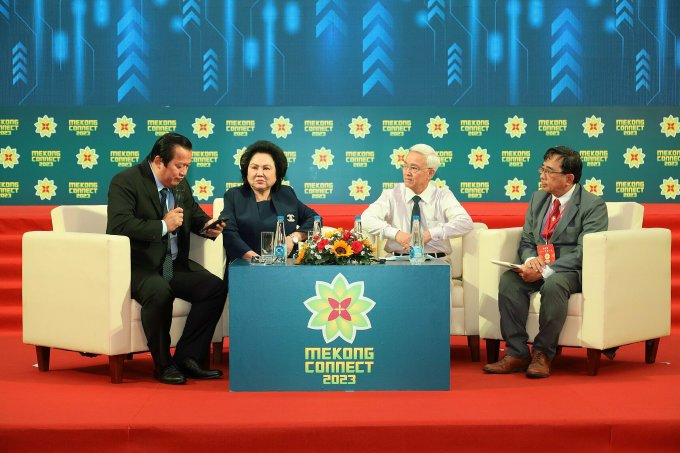
From right to left, Associate Professor Dr. Le Anh Tuan, Mr. Pham Thai Binh and Ms. Ly Kim Chi discussed at the forum on the morning of November 16. Photo: Association of High-Quality Vietnamese Goods Enterprises
Seizing "opportunities", realizing policies and better organizing connections are urgent issues in the context of the West facing three challenges at the same time: economic, environmental and social.
Briefly summarizing the Mekong Delta Economic Report to be published by VCCI Can Tho next month, Mr. Nguyen Phuong Lam said that the growth rate of the Western region is decreasing, due to slow economic restructuring and limited infrastructure. This makes it very difficult for provinces and cities to attract investment, leading to a lack of jobs.
The social consequence is that 1.1 million people have migrated from the West in the past decade - equivalent to the population of a province in the region. Along with that, natural conditions are gradually depleted. "The challenge of climate change is still ongoing," Associate Professor Dr. Le Anh Tuan, Advisor to the Mekong Delta Climate Change Institute, assessed.
According to Mr. Tuan, to solve these problems through cooperation, Ho Chi Minh City and the Mekong Delta need to study ways to cooperate more in four areas: people, resources, budget and data. "One of the limitations is the lack of promotion policies such as connecting people in the delta with experts in Ho Chi Minh City. Young people in the delta still flock to Ho Chi Minh City more than the other way around," he said.
Meanwhile, water, land, and living things are common resources that have not been well utilized, and in some places have even been degraded, narrowed, and polluted. In addition, there are some barriers such as policies that do not allow the use of provincial budgets to invest in other provinces to serve the connection. The lack of a regional data center makes it difficult to exchange information and make policies.
Telecommunications
Source link








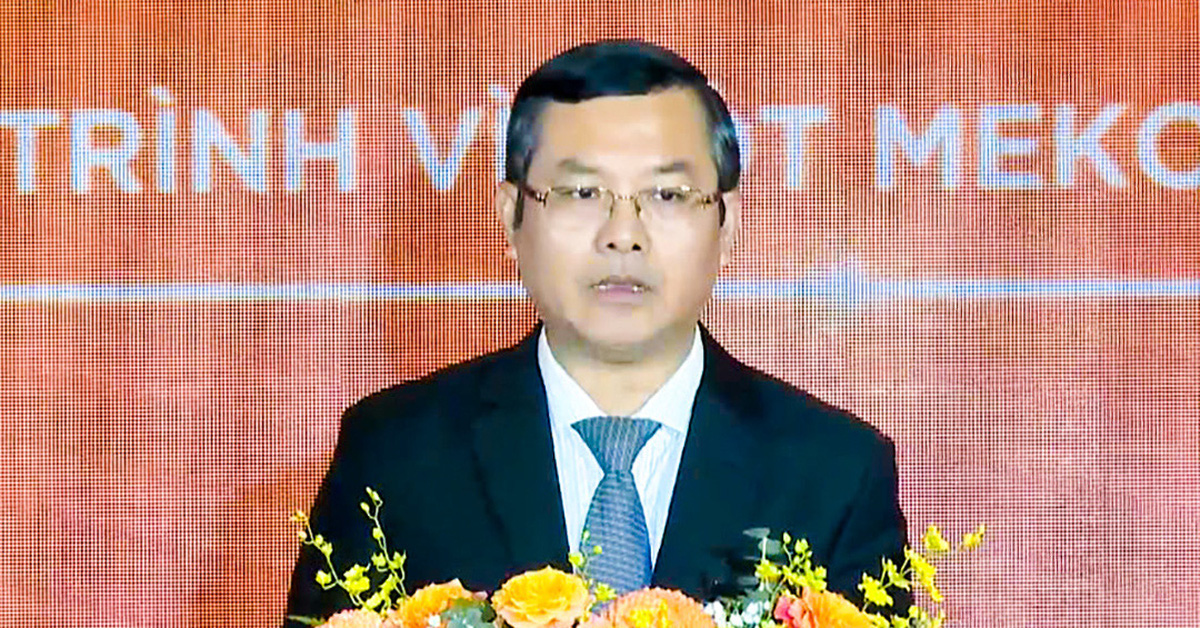


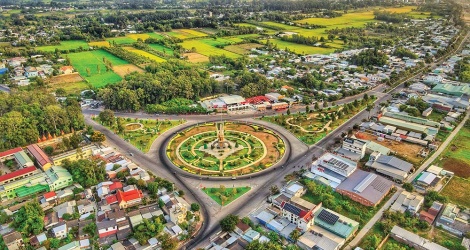
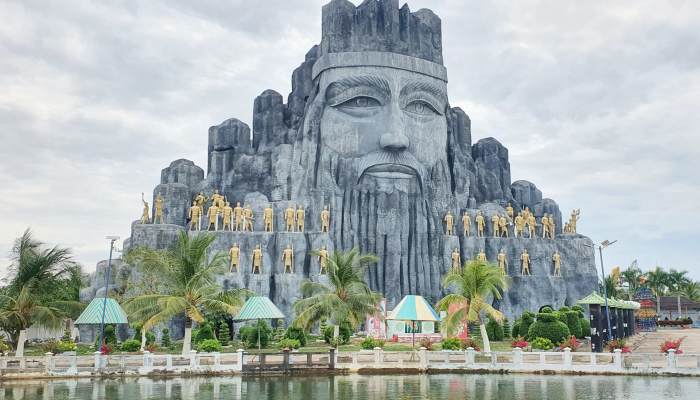

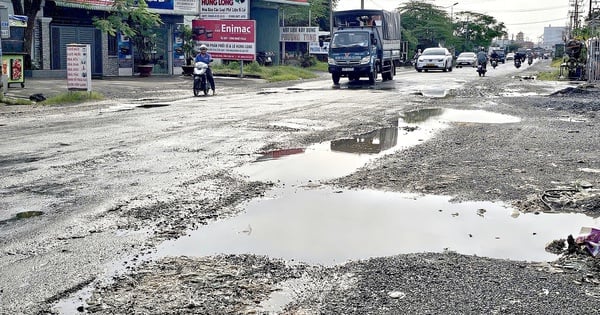

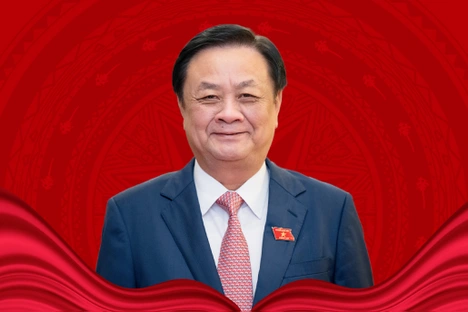



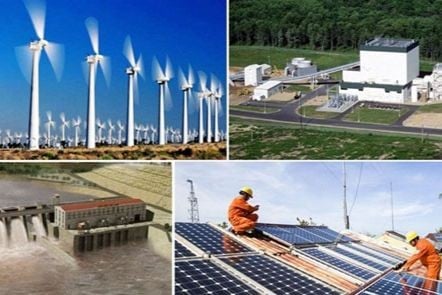





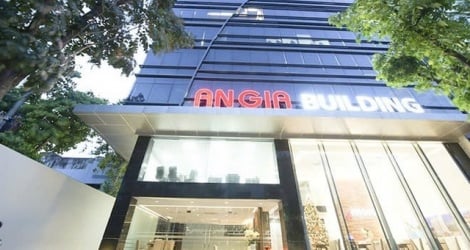













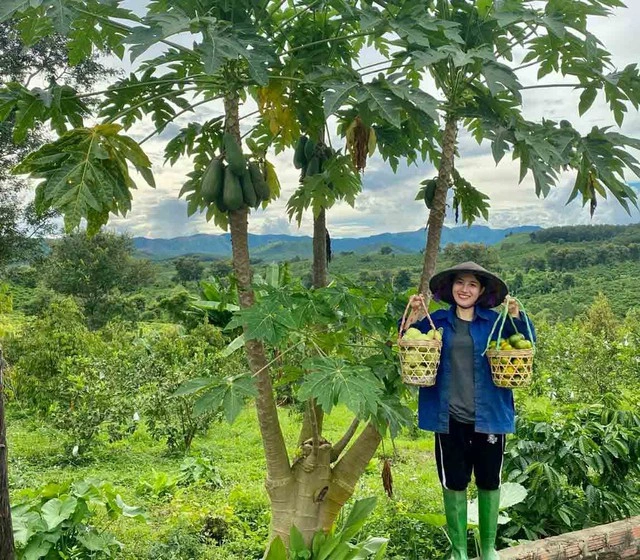


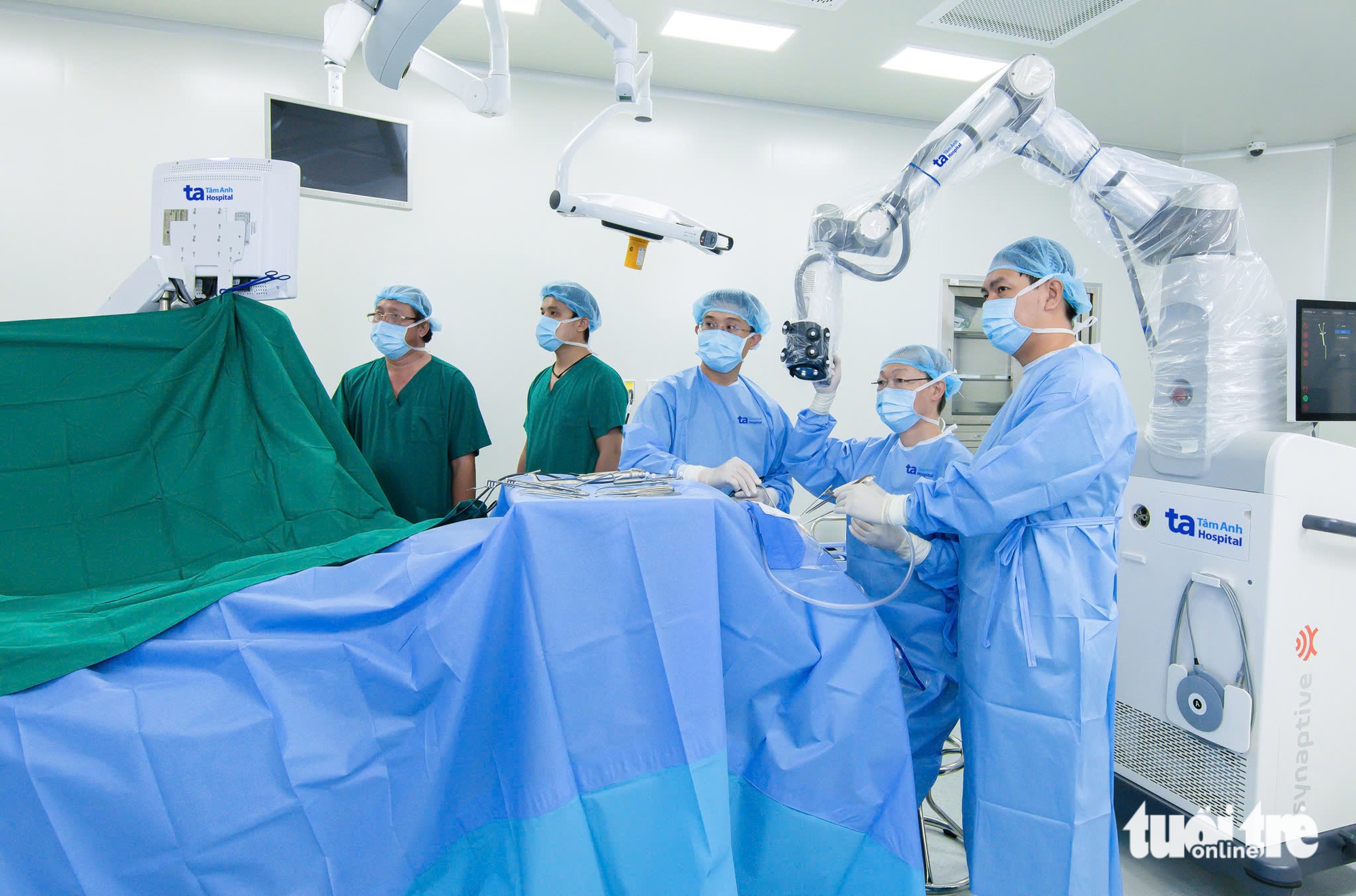

Comment (0)